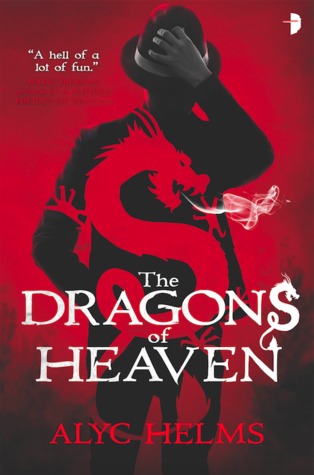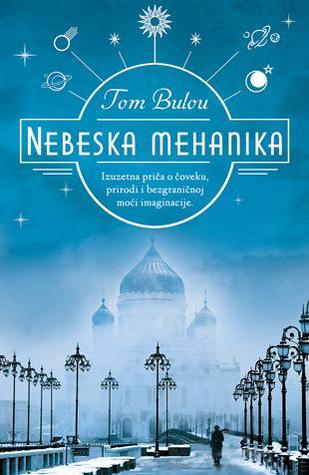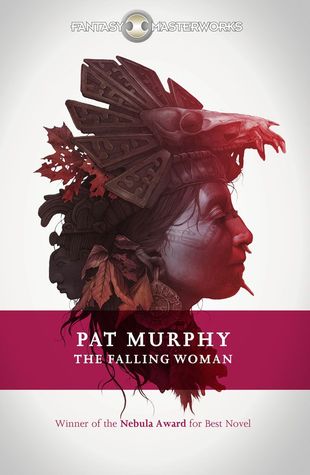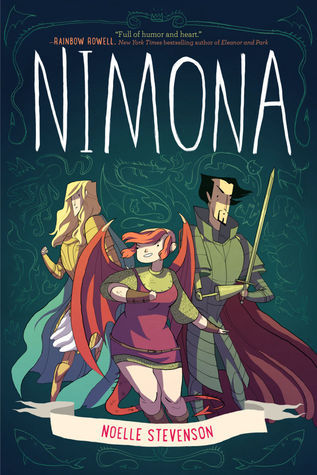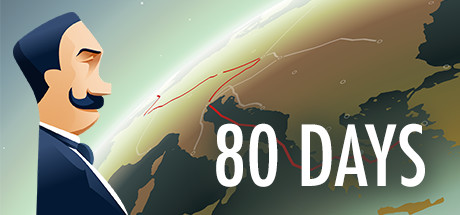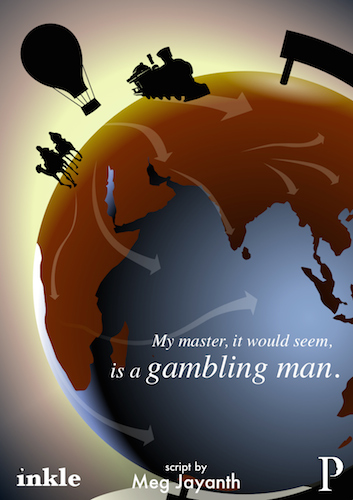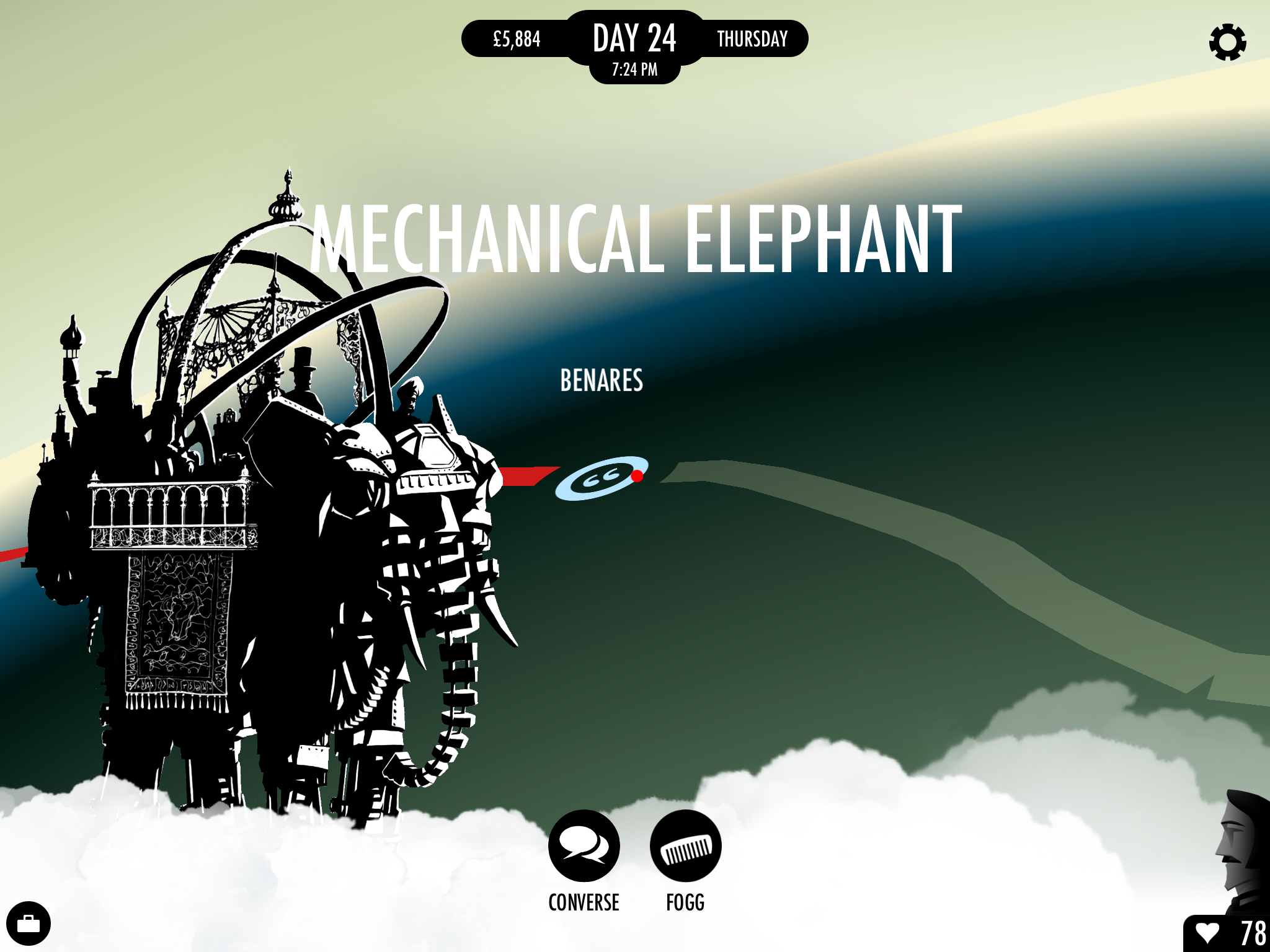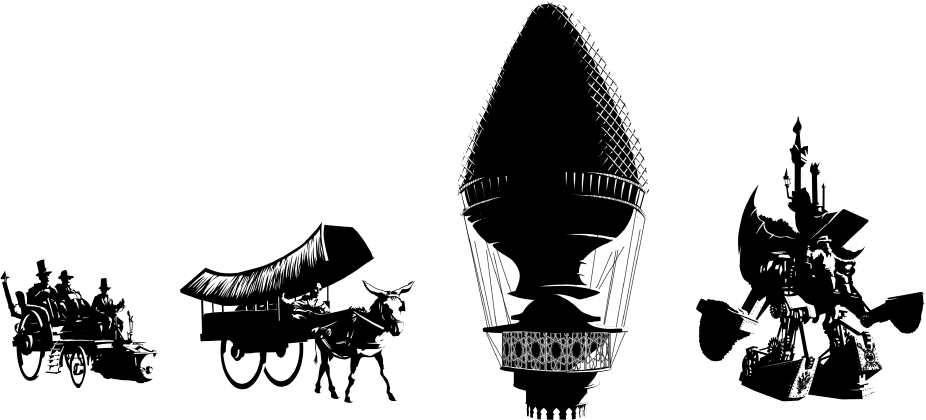 |
| Geeking out at Nine Worlds - image by dorristhelorris |
Preamble
Last summer, I attended Loncon. When I booked my ticket, I didn't even realise that this was Worldcon, and that it doesn't happen in London every year. All I knew was that the list of attending authors included most of my favourite writers, and I just had to be there.
It was more or less my first convention. (I'd been to one or two tiny events before, but nothing like this). It was awesome and magical and got me instantly hooked. Kaffeeklatsches with literary Gods! Writers and book lovers everywhere! Geeky shy people being welcoming and open! Somehow, this was a rare occasion when I rarely felt like drifting to the edges of the room to hide away and fade out...
So, almost as soon as I got back, I started looking for more. I needed another fix, or two or three. I found out about some other conventions and, in the coming months, bought tickets to several.
Eastercon (Dysprosium) was my second, and while it wasn't quite as huge as Loncon, it was fab, too.
Nineworlds was the third major convention I bought a ticket to. I bought the ticket before the programme and guest list was announced, on the strength of last year's guest list (and to get the advance ticket rate). I'll be honest - I don't think I would have bought the ticket after seeing the guest list, not because there's anything wrong with the guests, but because I'd already encountered most of the A-listers at other conventions, and knew too little (cough, nothing, cough) about the rest. Also, Nineworlds is a pop culture con with a decent literary / writing streak, while the other cons were literary / writing cons with some added pop culture. Nineworlds simply had a slightly different balance of events, rendering it a great programme, but not an unmissable one.
Friday
I've not been having the best of times in work lately, with frustrations, a clash or two, and a high workload / late night work / manicness. So getting up at 4am to catch the coach to London was somewhat painful. Also, I'd had to pack my laptop to be able to do some work during the convention, which detracted from my enthusiasm somewhat.
I dozed through the journey in a semi-coma, starting to look up the website of the convention as the coach got closer to Heathrow. I had not actually read the programme, or the programme book, or anything, in detail. In fact, I texted
Kelly / Dorristheloris from the coach to figure out which hotel the convention was in (I'd booked myself into the Renaissance, but forgotten entirely where Nineworlds was based)
After leaving my suitcase in my hotel and consuming as much coffee as I could gulp down, I dashed to the Radisson Blu Edwardian. The density of geeky people with name tags increased exponentially the closer I got. At the registration desk, Kelly gave me a warm welcome, and I got a numbered tag and back with goodies & programme book. After registration, I basically tried to fit in as many panels as I could...
This panel appealed to me because I've read (and enjoyed) a novel by Sebastian de Castell, because I'm usually interested in discussions about stories and writing, and because all the other names on the panel looked intriguingly multicultural. It was a little surprising that actually, despite the global-sounding mix of names, everyone was white.
The discussion was interesting. I made a mental note that characters need a mini-wish / motivation in each scene, rather than just an overarching objective, and that agency is important. At some point, the definition of a great protagonist appeared to be "a totally screwed, somewhat screwed
up person with plenty of agency" and I could not help thinking that
The Martian meets at least two of these criteria with spectacular aplomb. Interestingly, the topic of charisma never really got mentioned. I guess most of our empathy with a character is caused by them being in trouble, and only the rest relates to the character's personality.
This was a really enjoyable panel because it was a pure Q&A. No plan, no lecture, just audience questions and an open conversation. I was unashamedly the first to shoot up my hand and ask a question (about how to go about creating artefacts on the surface that will still be there in 100,000 years). My question was inspired by
Into Eternity and relates obliquely to my own accursed novel project, so I was delighted to get answers (nowhere near a rainforest, in a temperate climate, encased & well protected, ideally not on the surface but buried) and thrilled that obviously others had seen the same documentary, as they also referred to the points raised by Into Eternity. Which is an excellent documentary - watch it if you can.
Possibly due to having slept for only 2 or 3 hours that night, I currently struggle to remember details of the rest of the discussion, except for a pervasive sense of fascination, wonder and excitement. It was a wonderful panel run by excited, friendly people. One of the panellists works in isolated tribal communities in the wilderness, looking for positive ways in which modern technology might intersect with their lifestyles and enable them to continue their cultures (I think: again, my memory is a bit vague). Basically, I could happily imagine each of them starring in their own Indiana-Jones style adventure movies, having fun while saving the world and kicking ass (with kindness and in a polite sort of way).
 |
| Uncharted Territories |
There was something remarkable about the academia track at Nineworlds: it was warm, welcoming, excited about the subjects, full of energy, and without any of the self-regard and snideness that academic discussions can sometimes drift into. No one had a dig at anyone (as far as I recall). There were conversations more than discussions, and discussions rather than debates. The audience on those panels I attended deserve as much credit for this atmosphere as the panellists.
This was a small workshop that you had to sign up for in advance (and the reason why I'd tried hard to arrive at the con early, so I could sign the register).
Literary agents are mysterious beasts. This was the second agent-focused event I attended (after a panel discussion at Eastercon). It was interesting, and the advice about cover letters and synopses was great. I now feel that I could have a good go at both - but probably I could do so much more easily for other people's novels than my own. Maybe I should offer cover letter & synopsising services on freelancing websites...
Another exciting session, all the more so for being interactive. I was definitely very lucky in the "whose fingers I get to fondle" part of the performance, although I fear I can't say the same for my opposite number.
We all got 'trainee mind reader' badges and learnt quite a bit about how mind reading magic works. The science was interesting & educational, even if the videos didn't work.
This was a presentation / panel by a representative from Inmarsat, about their work and the opportunities for
saving lives and making apps on their platform.
Fascinating stuff. I almost wanted to sign up to work for them right there and then - but I can't help the niggling suspicion that the life saving apps they are so (rightly) proud of might not be the money-spinners of the business, and that somewhere at the heart of it all, there might be military / defence contracts (boo, hiss)...
It does seem like satellite communications networks have moved along quite a way since the days when 'iridium' was the topic du jour. The potential for this technology is limitless - I hope it will be used for good more than ill.
I thoroughly enjoyed the presentation & was very excited to be there.
This talk by a black feminist activist was entertaining, enthusiastic and educational. I must admit that race related protests are not always easy for me to relate to, so hearing the perspective of someone involved in them was very interesting.
(Why do I say they are not easy to relate to? Because I am a white male, and my experience of race is pretty much theoretical: I am the default. And because, from my perspective, it looks as if we live in a post-racial society, where we all are legally equal. The fact that it takes some generations for mentalities to change, rather than the passing of a law, is easy to ignore...)
One of the things I find quite heartbreaking is how powerless people feel. While I oppose revolution / criminal protests, I can see how frustrations would boil over. I'm very interested in how society can be convinced to change. How can a small core of passionate activists nudge and pinch society until it becomes something better? And, especially, how can activist get the mainstream on board, rather than being seen as a whacky fringe that's ignored?
Seeing Jeremy Corbyn stand for Labour leadership is pretty much the first time this millennium that there is at least a glimmer of hope on the horizon that my own sense moral beliefs will finally be reflected in mainstream politics. I have attended many a (peaceful) protest, with limited or no impact. I went to this talk to find out about how we can gain impact.
I went to this talk because everyone loves the rebels in Star Wars, or the Browncoats in Firefly, and hates the Empire / Alliance, but in real life, protestors are often abused, and riots are considered antisocial, criminal, loutish behaviour. In real life, we are all part of the Empire / Alliance, and we vilify the rebels & browncoats...
Sadly, the talk could not offer any answers as to how to change the world (if there were any easy answers, someone would have found them by now). That does not mean my attendance was futile - it was an engaging and fascinating talk, followed by a good discussion. It was also one of the few events where a single speaker held the attention of the audience, rather than a panel / discussion setup.
Informal Book Blogger Meetup
Despite a very long, tiring day, I decided that I should try and do the social thing in the evening. I am not very good at being social. I feel very uncomfortable in noisy environments and large groups, I have a terrible memory for names and faces, and I'm pretty bad at making first impressions. So, meeting people and being social is very exhausting and fraught with tension and generally followed by several days of fretting. (In fact as I am writing this a week later, there are still things I said in some of the conversation that I'm fretting over).
Oh, and I suspected that a guy I went to University with was likely to be there. Thankfully, when he arrived he sat at the furthest end of the group, so we could mutually and successfully avoid making eye contact or having to talk to each other. (We're neither enemies nor friends. Best described as awkward acquaintances, I think.)
That said, despite all the awkward, it was great to meet other book bloggers. Here's who I've met and chatted with:
After this, I returned to my own hotel to follow them all on Twitter, then crash and sleep.
Saturday
I didn't get up to the earliest start on Saturday: residual tiredness continued. Also, I spent some time on Saturday before panels trying to connect to the internet and do work (wifi fail! Radisson's wifi for people who aren't guests was shockingly bad), and between panels, with someone's guest wifi password, finally connecting to the internet and working.
So, Saturday was a day of fewer panels, more suffering.
This was a series of talks by historians about things they think they can infer from circumstantial evidence, but without any real proof. The theories were quite Roman-centric. I'm pretty sure I would have gotten more from them if I knew more about the Romans, about individual Roman historical characters, and especially, if the exhaustion from previous nights & lack of sleep had not still been bothering me.
As it was, I mostly remember the theory that there was a Romance language in Britain, between the fall of the Roman empire and the arrival of the Anglo Saxons, of which no trace exists now. It sounded plausible and interesting. Another theory dealt with an emperor who never was - the gay lover of a Caesar who was slowly being prepared and groomed to become his successor, but who died in some kind of accident before the old Caesar, so the succession changed.
This was another small workshop requiring sign-up.
At this point, I must admit that I probably misunderstood something about Masterclasses, Monsterclasses, etc. at Nineworlds: I assumed they were meant to be participatory, so I had a tendency to ask questions, attempt to make jokes and try to interact with the speakers. With the benefit of hindsight, I now realise I was the only one doing so in several Master- / Monsterclasses, so they were obviously intended as classes / presentations. I suddenly feel belated awkwardness: I must have been a little annoying. Ooops. Sorry, all fellow attendees!
It was an interesting presentation. I learnt more about self-publishing than I'd known or been aware of. Some aspects were less revelatory to me than others (outsourcing the editing, proofreading, cover designing, manuscript formatting etc. are things I'm aware of. Digital distributors, Ingramspark, Reedsy, and other things, were entirely new to me. Especially Ingramspark seemed to be a useful thing to be aware of).
It was a pity that post-publishing (namely, marketing) was outside the scope of this class - as that is an area I am still quite curious about.
Liz De Jager
Liz's books sound like they are quite interesting, but this Monsterclass was unfortunately not really for me. It did not help that I went in there with a misguided expectation - of something very interactive - and found it was actually mostly a powerpoint presentation. So my disappointment is at least 50% my own fault
The session covered Liz's career path as an author and some of the monsters she has created or adapted from mythology for her stories. I didn't really take away any lessons (beyond the potential of using Pinterest to collect together monstrous / strange pics for the purpose of inspiration when writing creatures).
The F-Word in Fantasy - Sex in Fantasy
Anne Perry (not, I think, the
other Anne Perry who is a bestselling crime novelist & was a murderer in her youth),
Lizzie Barrett,
Sarah Lotz,
Jared Shurin,
Laurell K Hamilton,
Snorri Kristjansson,
Den Patrick
I attended this panel in the hope that it would be snortingly funny. I've never actually read any of the books written by the panellists, so the introductions were helpful. By the time I arrived, the room was almost full, so I sat somewhere in the back, behind a pillar, next to a literary agent and someone from Gollancz (and Dorristheloris, whom I'd persuaded to tag along).
Anne Perry and Jared Shurin run the Pornokitsch blog together.
"Despite its name, it has nothing to do with porn. This is probably the sexiest thing we've ever done," - Jared.
"We're married," - Anne.
Laughter - Audience.
Sarah Lotz used to write create-your-own-adventure porn books (with 'friends' who wrote all the explicit bits, allegedly)
Laurell K Hamilton writes vampire romances that include sex.
Den Patrick wrote a novel with a sex scene that sets the benchmark for such things.
Lizzie Barrett... ummm, I forgot why she was there, but she was very enthusiastic and outspoken about the topic of sex scenes.
Snorri Kristjansson's novels about Vikings are positively chaste and feature no sex at all, so he was the self-declared moral anchor of the panel.
The panel started with a game to loosen up the audience and the panel: panellists had to read out a phrase that was either a sword fight form, or a sex scene form, and the audience had to guess whether it was "sword" or "sex". (The sexy quotes were from
Pat Rothfuss'
Wise Man's Fear and the sword quotes from... errr... Robert Jordan? Some writer whose stuff I haven't read)
After that, panellists talked about what makes a good sex scene, what makes a sex scene bad, how they go about writing sex scenes, and the troubles of vocabulary. It was an entertaining discussion, with a few good laughs (many courtesy of Snorri Kristjansson's quips - on the strength of how funny he is, I bought the first of his Viking books).
That said, it was a somewhat more serious panel than I had expected (and hoped for).
Sunday
At some point on Saturday or Sunday, I spotted Genevieve Cogman in a Starbucks, and made my best impression of socially awkward penguin by accosting her, telling her how much I loved
The Invisible Library, and then running away immediately.
Story Translation and Archeological Museums - Changing Environments, Changing Audiences
Debbie Chalis,
Lauren Maier,
Amanda Potter
I was completely surprised by these talks: they were not at all what I had expected. That said, they were both engaging and interesting.
The first (Lauren Maier's) was a comparison between Big Hero 6, the comic book series, and Big Hero 6, the movie, along some background about Disney, Marvel, and with a special focus on how characters were reimagined by Disney, especially the female ones. Good thing I've seen (and hugely enjoyed) the movie!
The second was a talk about the Petrie Museum's programme of events aiming to draw in a non-specialist audience - basically, to try and use the tiny museum's enormous collection to bring pop culture to life, by staging talks, movie screenings, and more, in the tiny exhibition rooms.
I could not really see any connection between the two talks, but both were engaging. I can't help thinking that the reason they were chosen was more to do with the fact that these are lovely, enthusiastic people, than with subject matter. (I mentioned earlier how the academia track of the convention seemed unusually warm, not in temperature, but in temperament. This was true, here, too, and it's a real credit to the organiser)
The Stars My Destination - Exploring the Future of SF
I'd been looking forward to the panel because the description sounded interesting. I hadn't read any of the books by the authors. Unfortunately, this panel ended up falling flat, as far as I'm concerned - I ended up clockwatchng and wanting to be out of there. It wasn't offensive, just not interesting.
Monsterclass: Author vs Editor
Gillian Redfearn,
Den Patrick
I had not signed up to this in advance, as I have been to a number of Monster- / Masterclasses and Kaffeeklatsches with authors and editors during the three big cons I've attended, so I did not want to rob anyone off their chance to attend this. I turned up at the door on the off chance that there were still free places, and there were. This was also one of those Monserclasses where, still not really attuned to the fact these were
classes, not
kaffeeklatsches, I asked questions and chipped in during their talk rather than waiting for the end. Sorry!
Despite my interruptions, this was a great talk, with a detailed description of the process from the first draft a publisher sees (which is not generally the first draft, but one that has been edited, submitted to an agent, then reworked with an agent, etc.) via contracts and edits, to hardback, paperback, author tour and beyond. It was thoroughly educational and interesting to listen to.
It was also the last event I attended. I misread my clock and entered another event, which was in its final Q&A phase, rather than being just about to start (it was an hour later than I thought), so after browsing the market, and a bit of reading, I started the journey home.
Nineworlds
This was a lovely convention. Like the others I have attended, it was so friendly that it could, at times, feel like we were being mothered / mollycoddled a bit.
The programme had enough things to keep me busy, but, due to budget restrictions I'll probably stick to more literature-centric cons in future years (i.e. Eastercon and any Worldcon I can afford to attend).
Authoring
It's probably obvious that I'm an aspiring writer. Having learnt about self publishing and the publishing industry, I must admit I still don't know which road I'd prefer. I've dabbled with self publishing by producing the
travel guide about Cardiff, and I know the technical aspects of that route are easy to master and I could produce a high quality product myself. On the other hand, marketing is alien to me, and I think that having at leas one first rate editor involved is a huge boon. Not sure I like the idea of having to please an agent first and doing extensive rewrites at that stage, and then having to repeat the process for an editor. My gut feeling is that, if/when I have a completed manuscript that I am reasonably confident in, I'll submit to publishers directly, rather than submitting to an agent.
I also feel increasingly sure that the accursed novel I have been trying to write for the past six years for an MPhil I eventually dropped out of is going to be a 'trunk novel', which I will never send out at all. (That was the advice of one of the panellists when I asked). In the end, the prospect of having to go over it again and again (it's been through about 15 rewrites already) is just too painful.
Journey Home
I ended up sitting only 3 rows ahead of the toilet on the coach.
#apoocalypse


